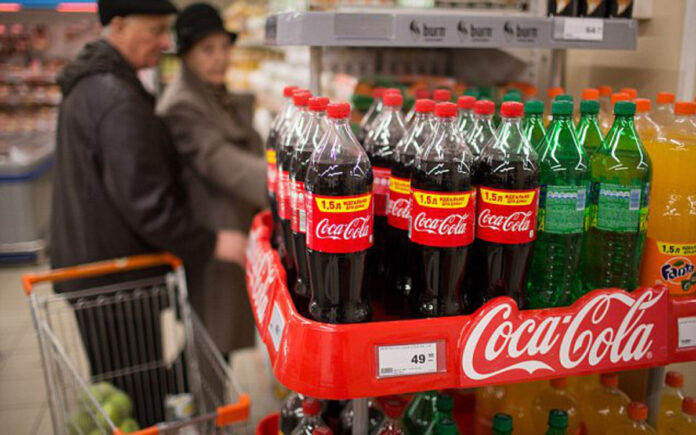Washington: Major food companies, including Kraft Heinz, Mondelez, and Coca-Cola, are facing a lawsuit in the U.S. for allegedly designing and marketing “ultra-processed” foods to be addictive to children, resulting in chronic health conditions. The lawsuit was filed in the Philadelphia Court of Common Pleas by Bryce Martinez, a Pennsylvania resident, who claims that consuming these companies’ products led to his diagnosis of type 2 diabetes and non-alcoholic fatty liver disease at age 16.
Martinez’s legal team, from the prominent U.S. plaintiffs’ firm Morgan & Morgan, has described this as a groundbreaking case. Other companies named in the lawsuit include Post Holdings, PepsiCo, General Mills, Nestle’s U.S. division, WK Kellogg, Mars, Kellanova, and Conagra.
Sarah Gallo, senior vice president of product policy for the Consumer Brands Association, an industry group representing food and beverage manufacturers, defended the companies, stating: “There is currently no agreed-upon scientific definition of ultra-processed foods. Attempting to classify foods as unhealthy simply because they are processed, or demonizing food by ignoring its full nutrient content, misleads consumers and exacerbates health disparities.”
Evidence linking highly processed foods to chronic health issues has mounted in recent years. Researchers identify “ultra-processed” foods as products containing substances extracted from whole foods or artificially synthesized, such as packaged snacks, sweets, and soft drinks. U.S. Food and Drug Administration Commissioner Robert Califf has previously stated that ultra-processed foods are likely addictive.
Also Read | Watchdog Flags Concerns Over DOJ Subpoenas During Trump Russia Probe
The lawsuit further alleges that these companies have long been aware of the health risks posed by their products and have intentionally engineered them to be as addictive as possible, likening their approach to the “cigarette playbook” once used by tobacco giants Philip Morris and R.J. Reynolds. Notably, these tobacco companies previously owned the businesses that evolved into Kraft Heinz and Mondelez.
Also Read | US Official: Chinese Naval Deployments Match Past Drills
Martinez’s claims include conspiracy, negligence, fraudulent misrepresentation, and unfair business practices. The lawsuit seeks compensatory and punitive damages, though the amount remains unspecified.



